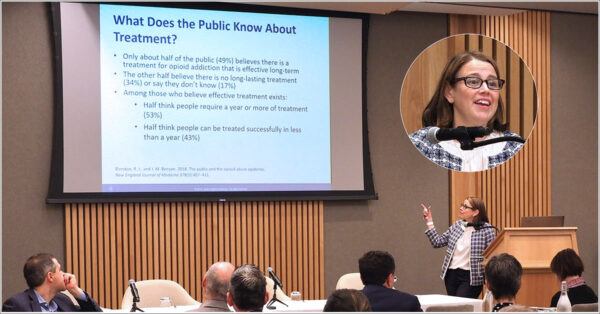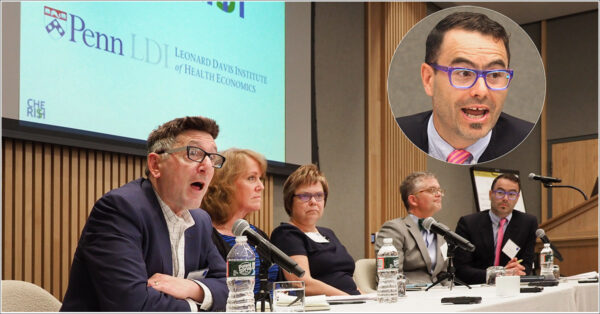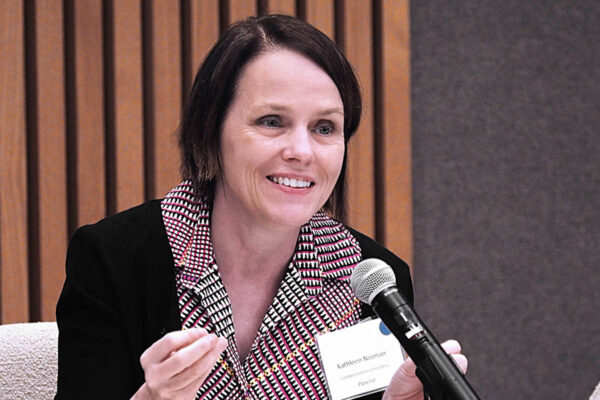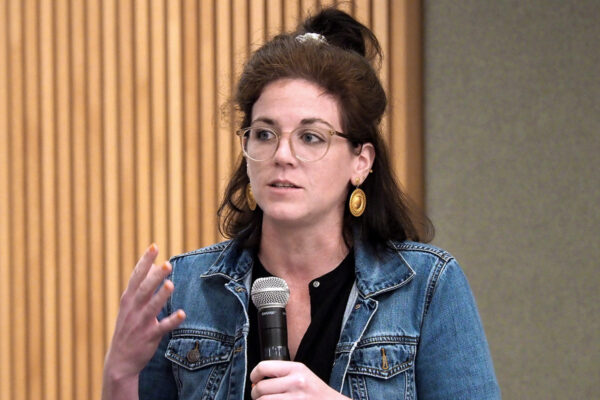CHERISH Workshop Addresses an ‘Unfortunate Reality’ of the Addiction Treatment Industry
Gathering of National Experts Ponders How to Expand Adoption of Evidence-Based Methods
This article was produced in conjunction with the University of Pennsylvania Leonard Davis Institute.
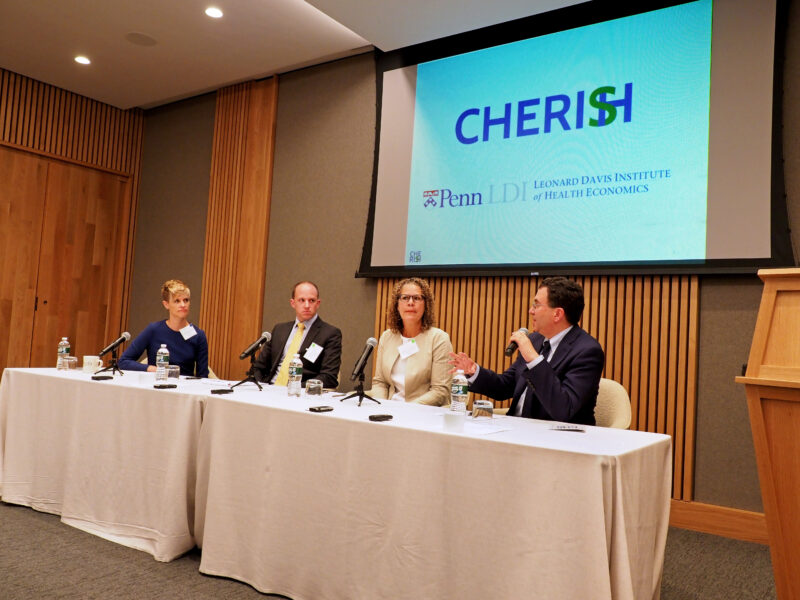
Funded by the National Institute on Drug Abuse and established in 2015, CHERISH is a five year collaboration of researchers from the Leonard Davis Institute of Health Economics (LDI) of the University of Pennsylvania, Weill Cornell Medical College, Boston Medical Center, and the University of Miami. Their work is focused on studying the health economics of substance use treatment as well as the treatment of Hepatitis C and HIV in that population.
This latest CHERISH workshop at the University of Pennsylvania was characterized by unusually lively and frank debates around the single most contentious issue in today’s drug addiction treatment industry — whether or not to include the use of agonist drugs such buprenorphine or methadone in the treatment.
Recapping a major workshop topic in an article published in News [at] JAMA, two of the workshop’s key players — former Maryland Secretary of Health and Mental Hygiene Joshua Sharfstein and Director of Penn Medicine’s Center for Emergency Care Policy and Research, Zachary Meisel, wrote: “One of the unfortunate realities of the opioid epidemic is that some of the most heavily advertised services offering addiction treatment actually provide little in the way of evidence-based care and may actually increase the risk of fatal overdose.”

